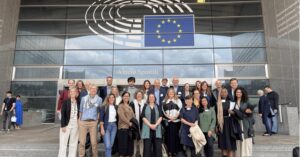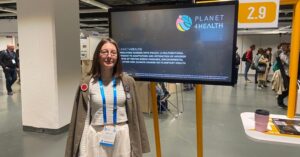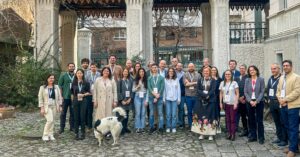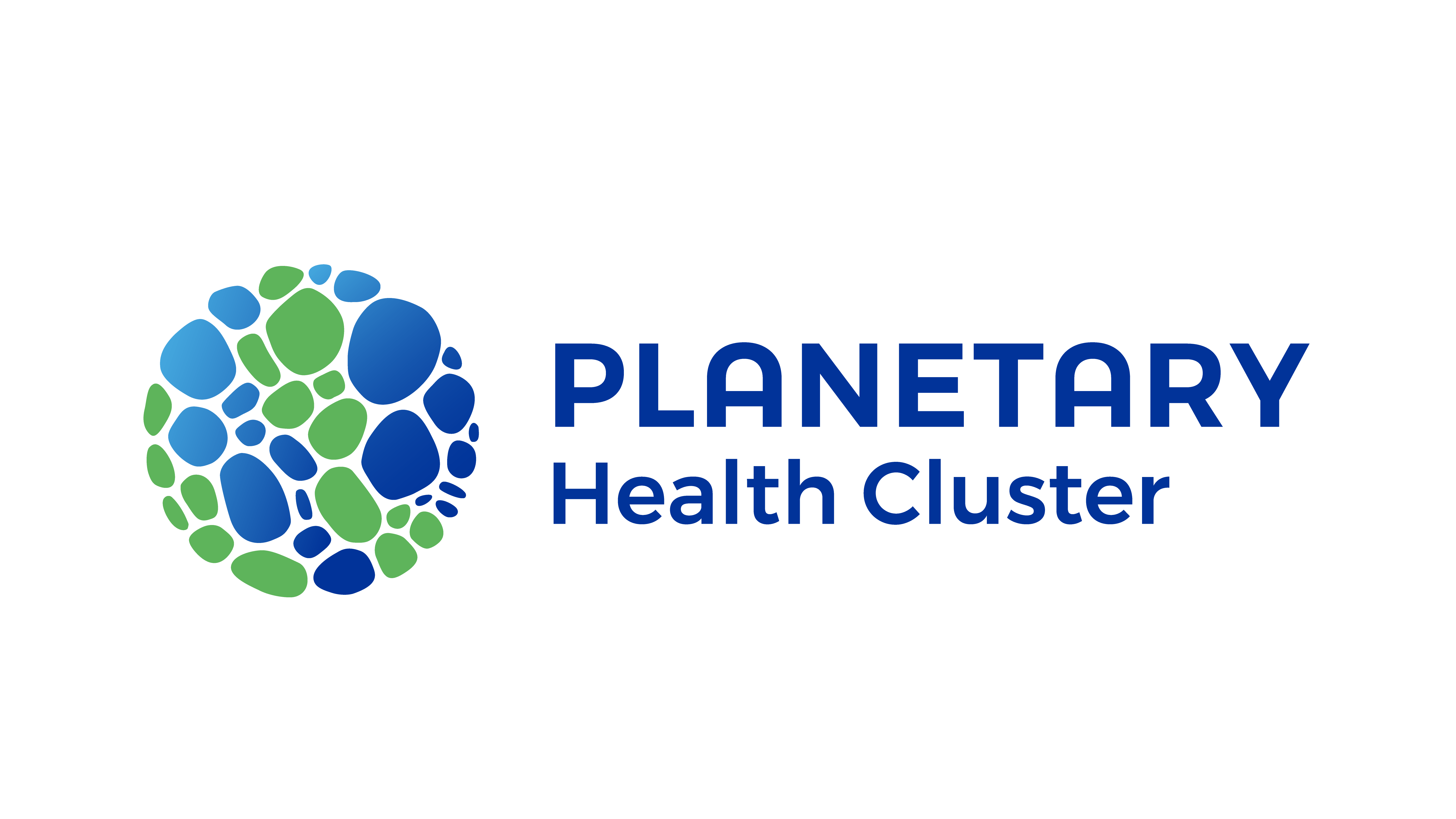The Institute of Hygiene and Tropical Medicine (IHMT) at NOVA University Lisbon (UNL) plays a significant role in the PLANET4HEALTH project, with a particular emphasis on the Case Study: Vector-borne Diseases in the Iberian Peninsula. Their contribution is crucial to advancing our understanding and management of these diseases, specifically in the development of an early warning system for canine leishmaniasis in the Iberian Peninsula.
NOVA University Lisbon’s role in the project
In the PLANET4HEALTH project, the Institute of Hygiene and Tropical Medicine at NOVA University Lisbon is instrumental in advancing our research within the Case Study: Vector-borne Diseases in the Iberian Peninsula. Their expertise in epidemiology and tropical medicine is central to the development of an innovative early warning system specifically for canine leishmaniasis. By leveraging their extensive research capabilities and local knowledge, the Institute is enhancing the project’s capacity to predict and mitigate the impacts of this disease, thereby making a significant contribution to the project’s overall objectives.
About Institute of Hygiene and Tropical Medicine at the NOVA University Lisbon
The Institute of Hygiene and Tropical Medicine at NOVA University Lisbon is renowned both nationally and internationally for its high scientific standards in postgraduate education and research excellence in tropical medicine and related health fields. As part of its commitment to global health, research at IHMT is conducted through its R&D Centre, GHTM – Global Health and Tropical Medicine. This center is dedicated to reinforcing Portugal’s role as a key player in developing and implementing a global health research agenda. GHTM’s research and evidence-based interventions are pivotal in promoting health equity and improving population health on a global scale.
Quote about the project
“ With Case Study: Vector-borne Diseases in the Iberian Peninsula we aim to provide a better understanding of the climatic and environmental drivers of canine leishmaniasis to develop comprehensive prevention strategies and strengthen preparedness against this vector-borne zoonotic disease following a “One Health” approach.” Carla Maia.
Meet the lead researcher
- Carla Maia | Assistant Researcher with Habilitation











